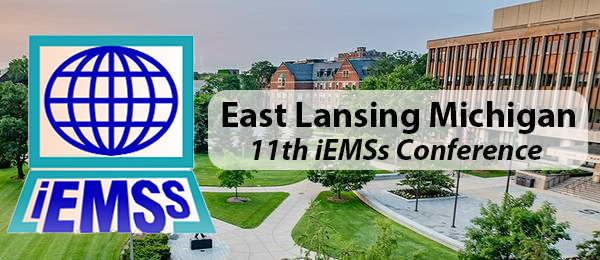Keywords
post growth theory; blue economy; scenarios; cross impact balance;
Start Date
5-7-2022 12:00 PM
End Date
8-7-2022 9:59 AM
Abstract
There is a need for scientific study into post-growth futures that prioritize ecological and social sustainability. The concept of sustainability brings together complex socioecological systems that prove difficult for stakeholders to implement. In Barbados and many other Small Island Developing States, coastal and marine spaces are of ecological, economic, social, and cultural importance and yet face major environmental, climate and anthropological threats. Due to the negative impacts of the COVID19 pandemic, economic growth has been prioritized particularly by way of coastal and marine resource exploitation. If not counterbalanced with ecological viability and social well-being, this could lead to overexploitation and degradation. The aim of the research is to investigate how doughnut economics and scenarios can be combined to determine sustainable post-growth blue economy futures. The study uses two methods. First, a participatory multi-stakeholder approach is conducted to identify system boundaries, at the ecological and social levels. Second, expert elicitation is carried out using cross-impact balance to determine the impact network to reveal the dynamic socio-ecological interactions in the marine and coastal environment. By merging the doughnut economics’ framework with scenario modelling the study allows for alternative sustainability blue economy scenarios to be explored.
Transitioning to sustainable post-growth futures: Exploring complex blue economy scenarios in the island of Barbados
There is a need for scientific study into post-growth futures that prioritize ecological and social sustainability. The concept of sustainability brings together complex socioecological systems that prove difficult for stakeholders to implement. In Barbados and many other Small Island Developing States, coastal and marine spaces are of ecological, economic, social, and cultural importance and yet face major environmental, climate and anthropological threats. Due to the negative impacts of the COVID19 pandemic, economic growth has been prioritized particularly by way of coastal and marine resource exploitation. If not counterbalanced with ecological viability and social well-being, this could lead to overexploitation and degradation. The aim of the research is to investigate how doughnut economics and scenarios can be combined to determine sustainable post-growth blue economy futures. The study uses two methods. First, a participatory multi-stakeholder approach is conducted to identify system boundaries, at the ecological and social levels. Second, expert elicitation is carried out using cross-impact balance to determine the impact network to reveal the dynamic socio-ecological interactions in the marine and coastal environment. By merging the doughnut economics’ framework with scenario modelling the study allows for alternative sustainability blue economy scenarios to be explored.



Stream and Session
false